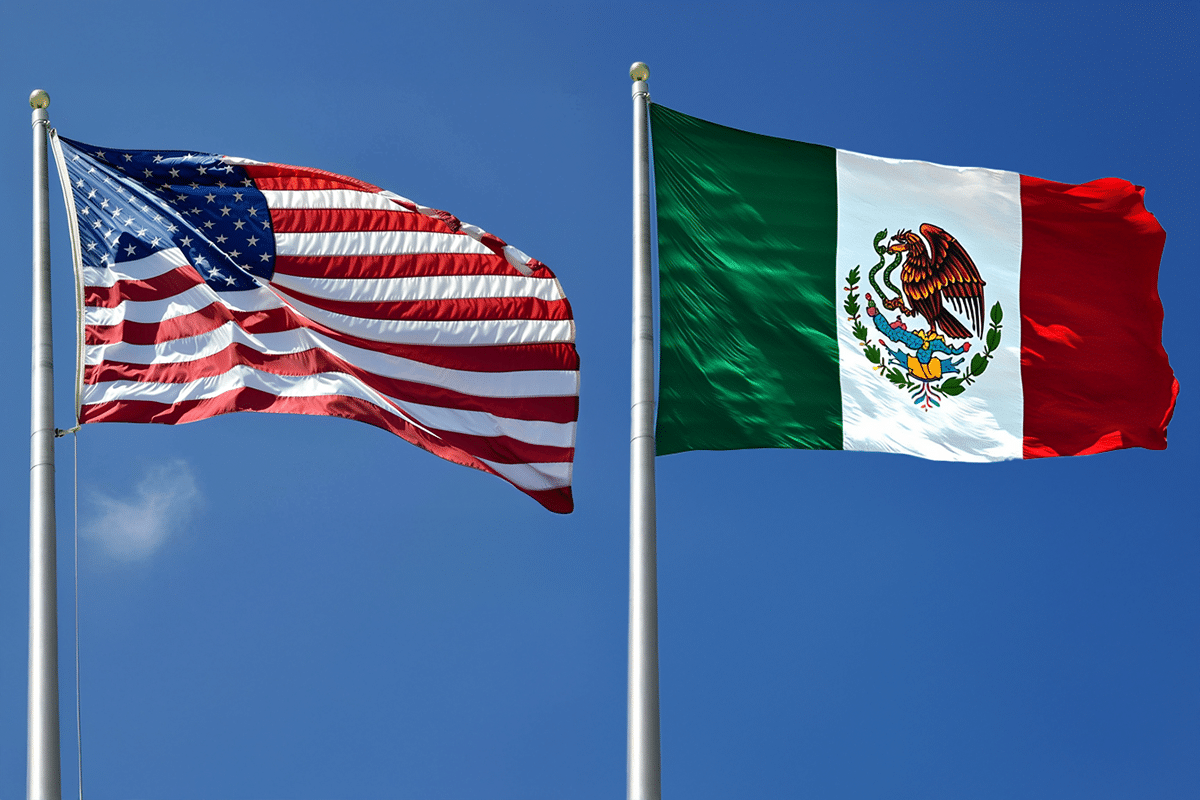The Mexican government has issued a strong warning in response to U.S. President-elect Donald Trump’s proposed 25% tariff on imports, emphasizing the significant economic consequences such a move could have on both nations. Mexican officials project that the tariffs could result in the loss of 400,000 U.S. jobs, severely impacting economic growth and trade dynamics between the two countries.
Mexico is preparing potential retaliatory actions if the U.S. enforces the proposed tariffs. These measures would include increasing tariffs on U.S. goods, showing a clear stance against policies viewed by Mexican officials as harmful and divisive. Economy Minister Marcelo Ebrard has emphasized the importance of fostering regional cooperation to avoid a trade conflict, highlighting that the proposed tariffs contradict the trade agreement established under the USMCA between Mexico, the United States, and Canada.
Significant Impacts on the Automotive Sector
The proposed tariffs would particularly affect the automotive industry, one of the most crucial manufacturing sectors in Mexico. This sector accounts for nearly 25% of all North American vehicle production, exporting primarily to the United States. Automakers like Ford, General Motors, and Stellantis would bear the brunt of the tariffs, potentially facing reduced profitability and higher production costs.
Economic analysts have noted that vehicle prices could rise by thousands of dollars for consumers due to these tariffs. Experts estimate that automakers’ profits could be significantly diminished, with companies like Ford emphasizing its strong U.S.-based manufacturing operations but withholding comments on the broader implications.
Broader Economic Ramifications
The effects of the tariffs would not be confined to the automotive sector. Experts anticipate a ripple effect across industries, with heightened unemployment, increased inflation, and reduced economic growth in the United States. Mexican officials warn that U.S. companies producing in Mexico would face double taxation, further straining operations.
Additionally, financial institutions have raised alarms about the long-term challenges these tariffs would create for Mexico-U.S. relations. Increased protectionism and potential disruptions to commodity prices could further destabilize the economic landscape.
The Future of the USMCA Agreement
The proposed tariffs also cast uncertainty over the USMCA trade agreement, which is due for review in 2026. Analysts believe the three member countries will need to renegotiate the pact rather than extend it in its current form. This situation highlights growing tensions and the potential for significant changes to regional trade policies.
Strengthening Trade Relations
Mexican officials emphasize the importance of maintaining and strengthening regional trade ties, citing the $1.78 trillion trade volume achieved under the USMCA in 2024. The country aims to avoid division and fragmentation while working toward a more cohesive and cooperative economic region.
As Mexico prepares to counter the proposed tariffs, the situation underscores the complexities of modern trade relationships and the far-reaching consequences of protectionist policies. Both countries face pivotal decisions that could reshape the future of North American economic cooperation.





